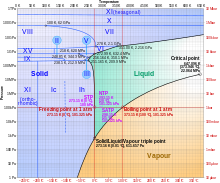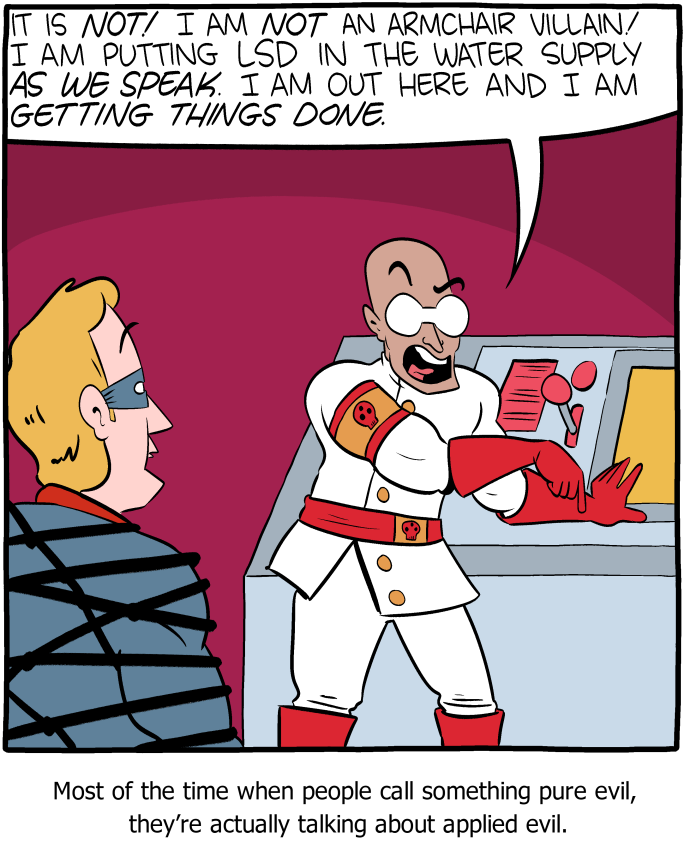![]() Apparently, Ch-ch-ch-changes are coming to the site navigation and theming.
Given that that's the case, can I suggest that maybe now is a good time to drop the super-awkward-once-you-notice-it (except you rarely do) arrow in the site logo's background Feynman diagram?
This arrow seems to have...
Apparently, Ch-ch-ch-changes are coming to the site navigation and theming.
Given that that's the case, can I suggest that maybe now is a good time to drop the super-awkward-once-you-notice-it (except you rarely do) arrow in the site logo's background Feynman diagram?
This arrow seems to have...
00:00 - 17:0017:00 - 00:00
Anonymous
00:00 - 17:0017:00 - 00:00








